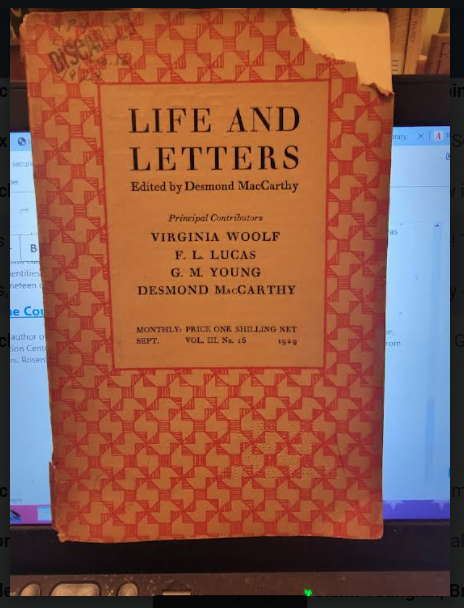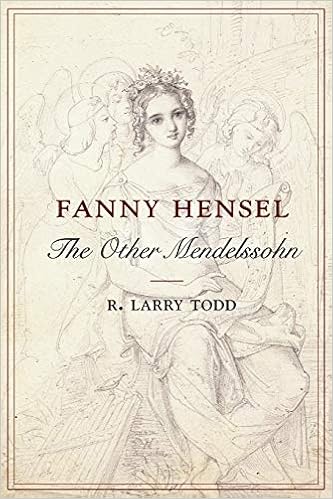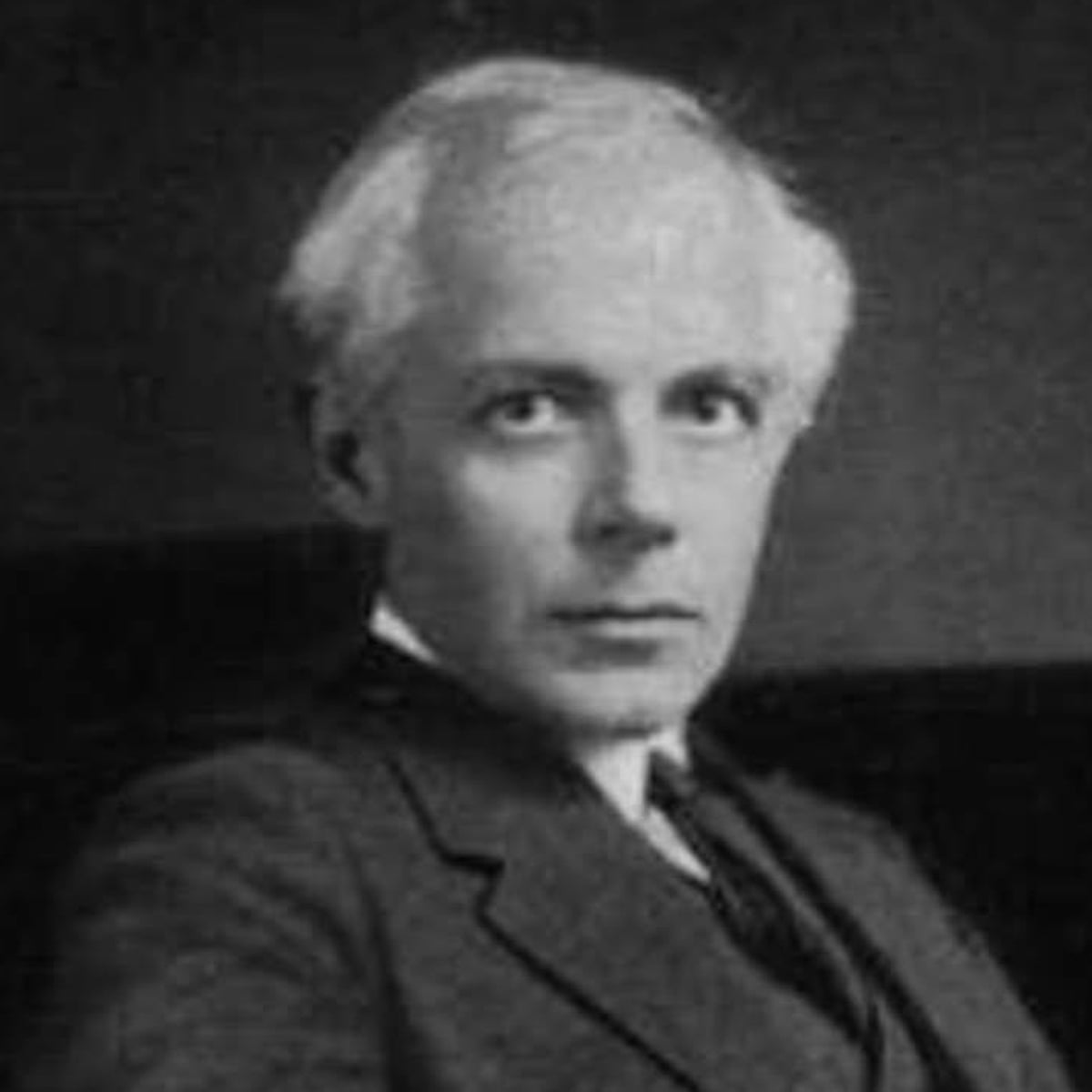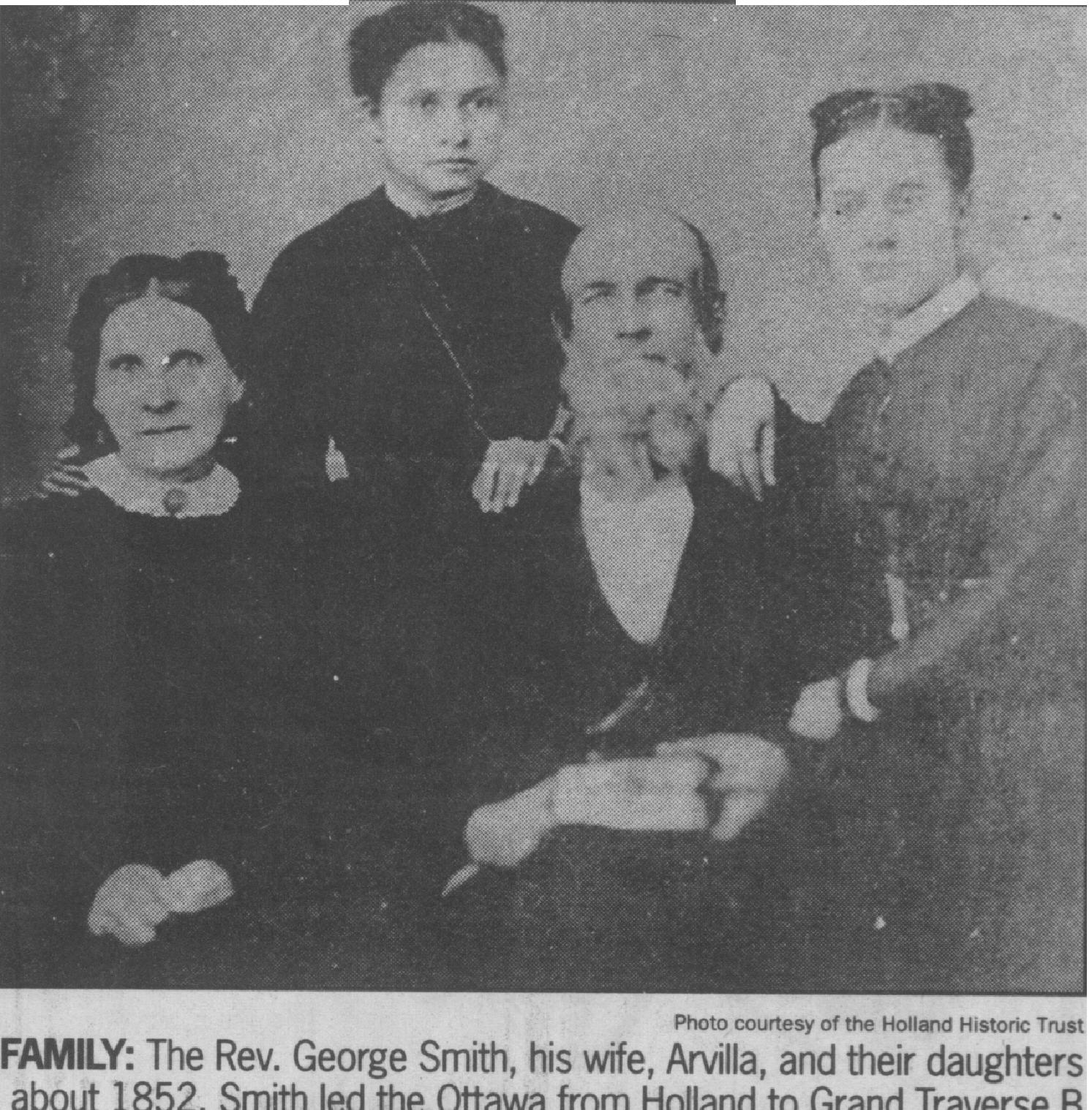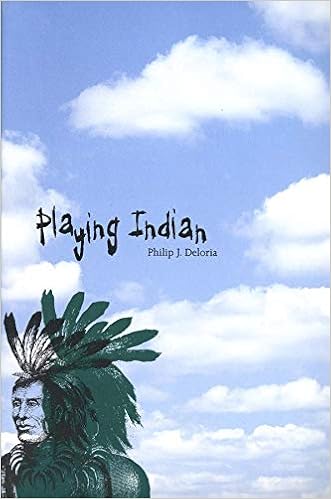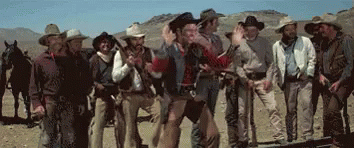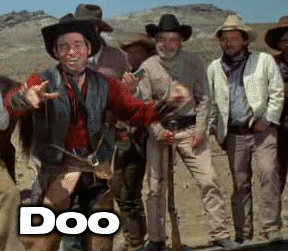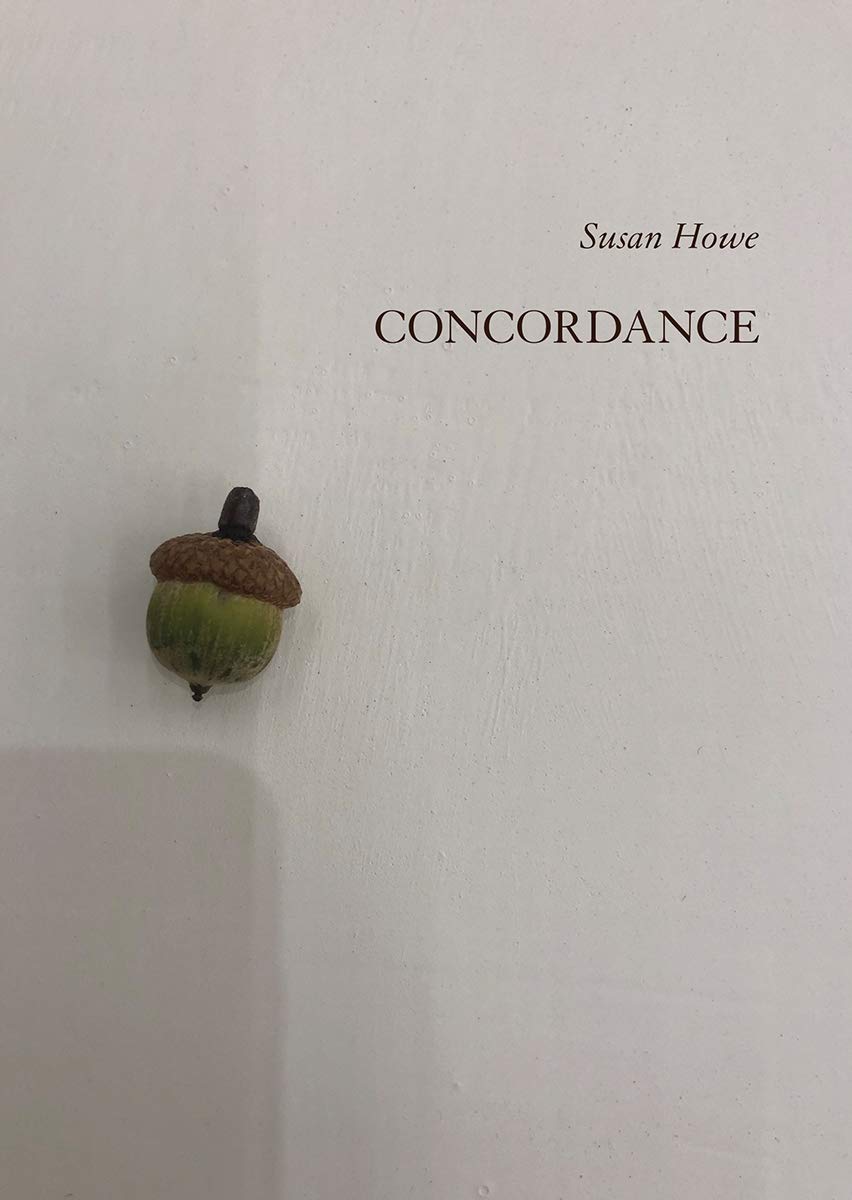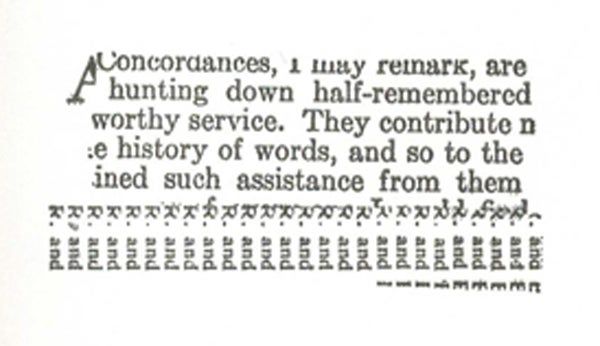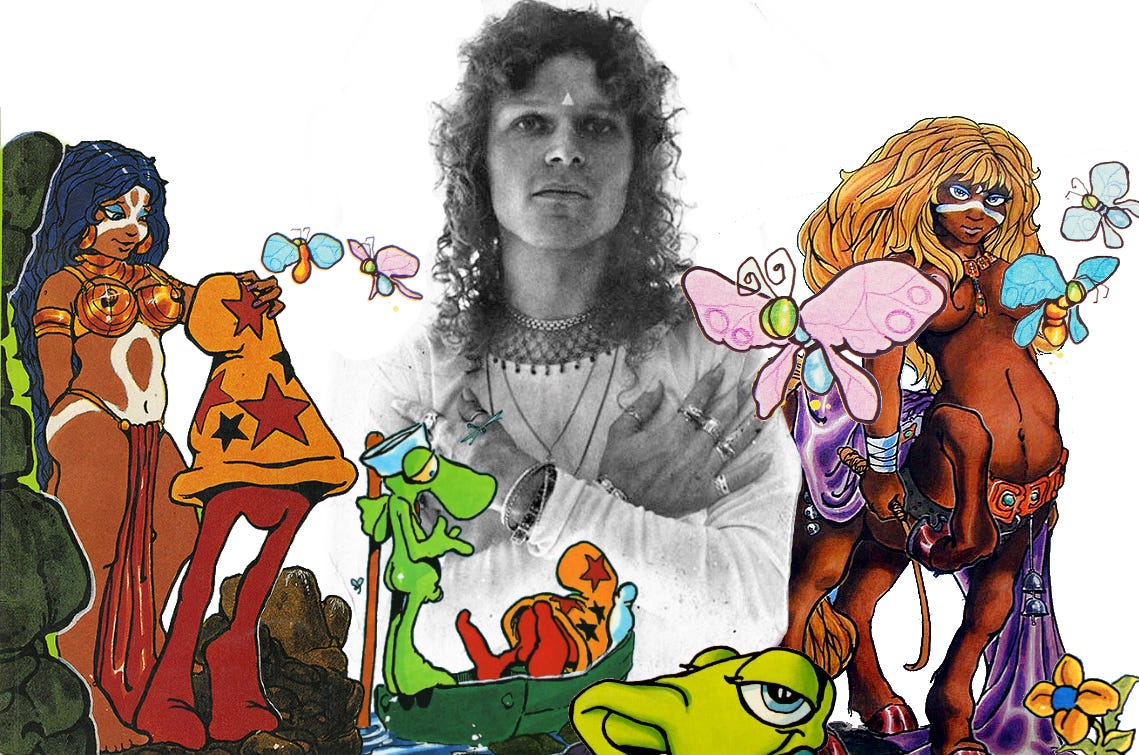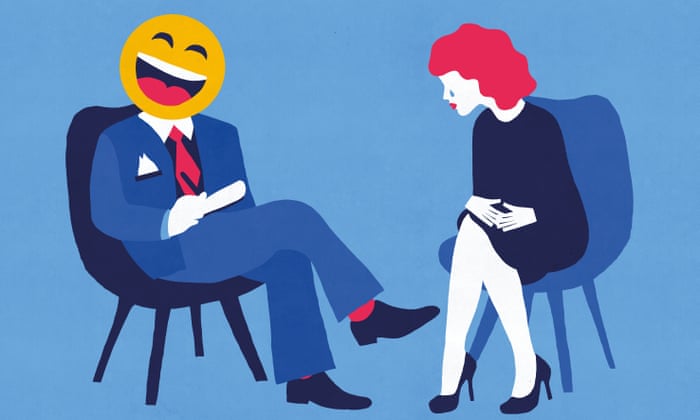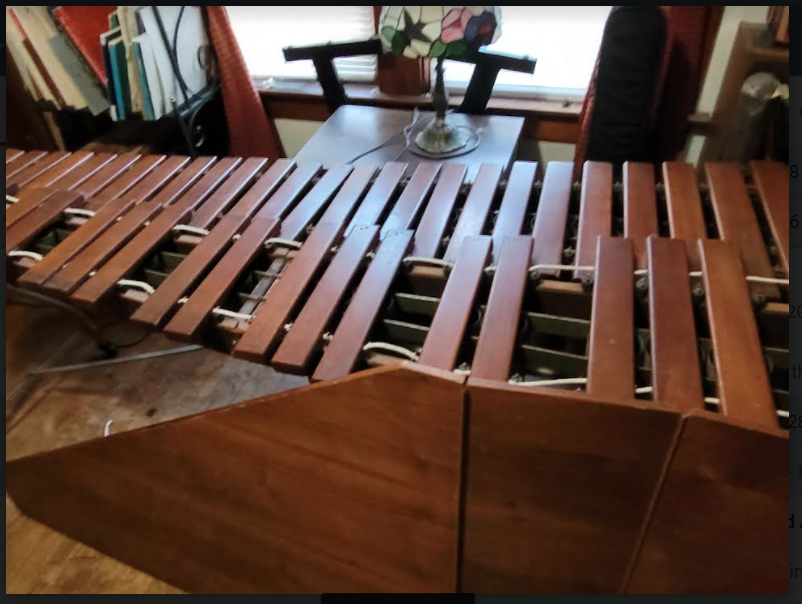I signed up for a free three month trial today for Amazon Music. I have not been very happy with Spotify. I have many complaints not the least of which is the amount information they routinely do not provide for recordings. When Neil Young and Joni Mitchell took a stand against Josh Rogan and withdrew their entire collection it gave me pause. They are actually two that I do listen to quite a bit on Spotify. Usually Amazon Music only offers a month free trial but they have upped and it’s hard not to guess that it’s because of the Spotify controversy.
What I would love is a good classical music service. This morning after I signed on for the three month trial I was in the mood to listen to Brahms. Poof. Easy peasy. Then I checked Young and Mitchell recordings. Sooprise. Sooprise. There they were.
Yesterday I skipped blogging. I got up late and went right to work making bread. I did a Shipt order and spent the rest of the day goofing off.
I noticed recently that I have been letting my unread copies of the Sunday New York Times Book Review accumulate. I decided to fix that by going through them and clipping reviews that interest me and that recommend books I might want to look at. This takes time which is probably part of why I have gotten behind.
I find the differences between printed papers I look at and online access significant. We get the Holland Sentinel daily and the New York Times on Sundays. I tend to read both of them online instead of in person. Eileen reads the Sentinel over breakfast. I read the online version then as well. We compare notes and find many differences. Mostly in terms of what the paper presents on its front page and the order and coherence of presentation of the online app.
Yesterday Jamel Bouie had an article in the Opinion Section. I wanted to read it since he is someone I follow and pay attention to what they have to say. However the headline in the paper didn’t draw me in. Is Slavery An Evil Beyond Measure? it proclaimed on the front page of the section. Well sure it is. The subtitle clarified a bit but I didn’t look closely at it: “Data science is unlocking new insights about the U.S. system, but there is a danger in trying to quantify suffering.” This does a better job describing the contents of the article but it didn’t register in my pea brain.
I turned to the article and read the first paragraph which quoted a grisly description of what it was like to travel in a ship bring people to the Americas to be sold as slaves. Nope, I thought and turned Viet Thanh Nguyen’s article, “A Disturbing Book Changed My Life.” Nguyen is someone whose fiction I have read and admired so I was already sold when I saw his name on an essay as the author.
Nguyen’s essay did not disappoint. He has a great mind and I like his prose.
But again there was a discrepancy between Nguyen’s headline in the printed paper and what’s online.
Also when I bookmarked the page there was a third variation.
Nguyen’s headlines “A Disturbing Book Changed My Life.” printed version
“My Young Mind Was Disturbed by a Book. It Changed My Life.” the title online
Opinion | What the Battle Over Banning Books Is Really About – The New York Times this is what my bookmarking service, Diigo.com, automatically saw as the title for the article.
Weird.
But in Bouie’s case, the title that came up in my NYT app interested me more than the print and I decided to read the article which ended up being quite good.
Bouie’s headlines: “Is Slavery An Evil Beyond Measure? Data science is unlocking new insights about the U.S. system, but there is a danger in trying to quantify suffering.” print version
“We Still Can’t See American Slavery for What It Was” title online
Opinion | We Still Can’t See American Slavery for What It Was – The New York Times bookmarked title.
There’s Nothing Quite as Distressing as This Piece The pianist Paul Lewis picks his favorite page of Brahms’s late solos, a work of “abject anguish.”
This is the article that made me think I wanted to listen to some Brahms this morning. I haven’t finished it yet but I just checked the Amazon music app and the recordings in this article are available on it. By the way, the Amazon Music app is expanded beyond what comes automatically with Amazon Prime. It usually costs 7.99 a month. This is cheaper than what I pay for Spotify Premium (9.99)
